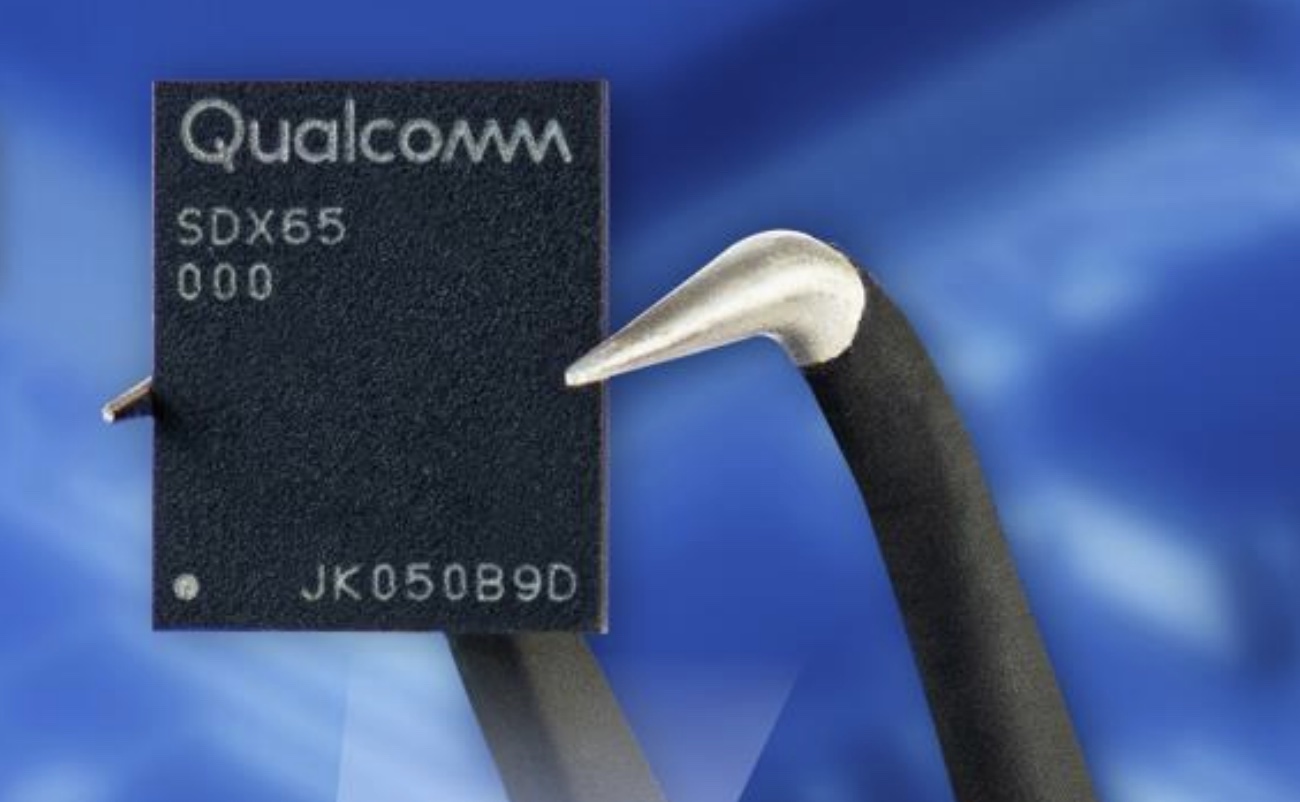
Qualcomm is gradually reducing its dependence on Apple, as growing demand for premium Android smartphones becomes the main driver of its chip business, according to a new report from DigiTimes.

Qualcomm's semiconductor arm, known as Qualcomm CDMA Technologies (QCT), apparently recorded strong year-over-year growth in the fourth quarter of fiscal 2025, led by rising Android device sales and increasing chip content per device. DigiTimes cited remarks from President and CEO Cristiano Amon, who said that non-Apple QCT revenue rose by 18% during the quarter.
The global smartphone market is said to be undergoing a structural transition toward more advanced, feature-rich devices, with users in both mature and emerging markets upgrading to higher-end models. This shift has driven up average selling prices and boosted demand for Qualcomm's flagship Snapdragon processors, which now feature enhanced AI, camera, and connectivity capabilities. Qualcomm's strategy of embedding more value into devices is now apparently central to its long-term growth, reducing its reliance on Apple orders over time.
The company's deepening partnership with Samsung was also a key factor. Amon said Qualcomm currently provides modems for about 75% of Samsung's Galaxy smartphones, a significant rise from approximately half in earlier years. Some Galaxy models, such as the Galaxy S25 series, use Snapdragon modems exclusively.
The update comes as Apple is expected to move away from Qualcomm's modem chips over the coming years. Apple has been developing its own in-house 5G modem technology since acquiring Intel's smartphone modem division in 2019. The iPhone 16e, iPhone Air, and iPad Pro now contain Apple's C1-series custom modems rather than Qualcomm chips. Qualcomm previously announced that it would continue to supply Apple with Snapdragon modems through 2026, but the relationship is widely expected to diminish after that point as Apple's own modems proliferate through its device lineup.
Article Link: Qualcomm Now Relies on Android as Apple Modems Roll Out

